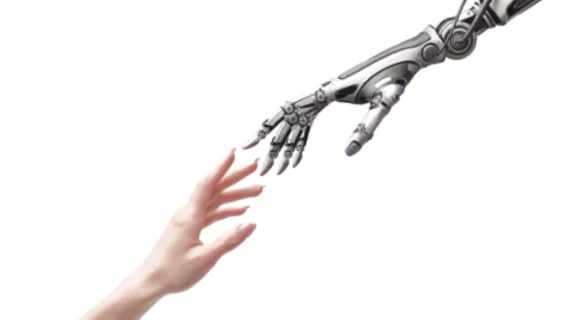Clinical study of robotic-assisted cardiology solution reaches conclusion
Robocath, a French healthcare technology company focused on designing robotic solutions that can treat vascular diseases, has completed a clinical study of its R-One robotic assistance platform. The final patient was enrolled in October 2021.
R-One was designed to enhance the safety of robot-assisted coronary angioplasty procedures. Results of the study, which included 62 patients across six European hospitals, will be presented in May at the EuroPCR conference in Paris.
“The conclusion of the R-Evolution study marks the end of years of hard work and investment by everyone involved and I am grateful to all of them," Philippe Bencteux, MD, Robocath president and founder, said in a prepared statement. "We are genuinely on the cusp of a new era in vascular medicine."
“Robotics is, in all likelihood, the future of interventional cardiology; there is no doubt in my mind that this study will prove that,” Jean Fajadet, MD, an interventional cardiologist at the Clinique Pasteur in Toulouse added in the same statement. “Vascular robotics now allows us to position a stent with millimeter precision and place it safely, as the robot holds and guides the instruments throughout the procedure.”
